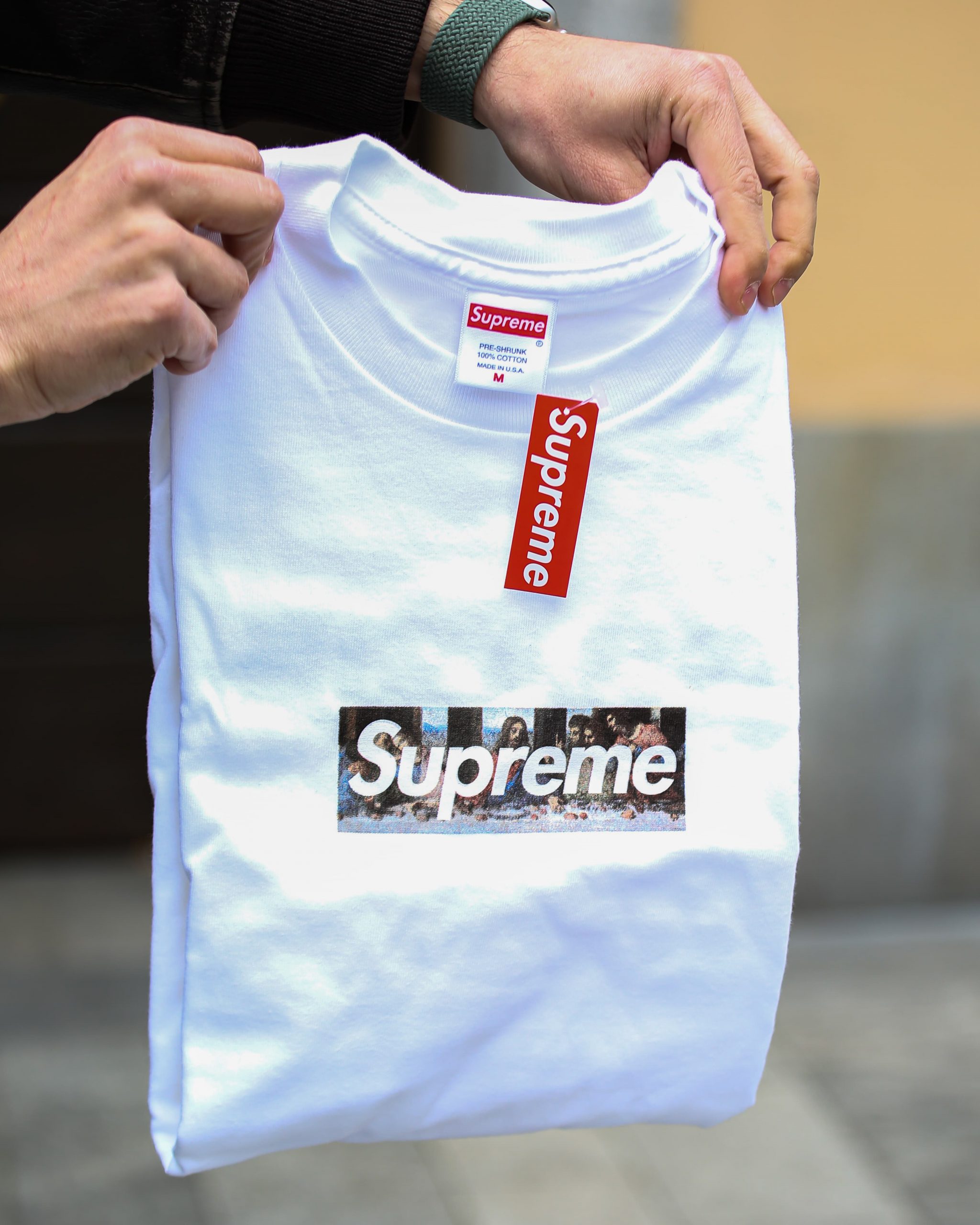Shares Decline Nearly 8 Percent In Extended Trading Amid Broader Demand Slowdown
VF Corp reported a fourth-quarter loss and revenue below analysts’ estimates on Wednesday as sales declined across its brands, reflecting choppy demand for apparel and footwear amid strained consumer spending. Shares of the North Face owner, which have declined 34.5 percent so far this year, were down nearly 8 percent in extended trading.
The Denver-based apparel retailer also named former Spotify CFO Paul Vogel as its new finance chief, effective July 8. He will succeed Matt Puckett, who announced his decision to step down in February.
Premium apparel, footwear, and handbag retailers like Under Armour, Calvin Klein-owner PVH Corp, and Tapestry have all faced a demand slowdown in the United States. VF Corp, which owns brands such as Altra, Timberland, and streetwear brand Supreme, had shelved its fiscal 2024 forecast in October and did not provide a forecast for fiscal 2025 profit and sales.

CEO Bracken Darrell, who joined the company in July last year, has been working on a turnaround plan by laying off staff and cutting costs. “As we move into fiscal year 2025, we will continue to execute our broader turnaround plans, including … fixing the Americas, turning around Vans, reducing costs and paying down debt, while progressing on the actions resulting from our strategic portfolio review,” Darrell said.
Sales at VF Corp’s biggest brand, Vans, which made up about 32 percent of the company’s total revenue in 2023, were down 26 percent due to inventory clearance efforts in the wholesale channel. Revenues in the Americas, its biggest market, fell 22 percent, with Greater China emerging as the only bright spot, where sales rose 5 percent from last year.
The company’s fourth-quarter revenue fell to $2.37 billion for the quarter ended March 30, compared with analysts’ estimates of $2.41 billion, according to LSEG data. VF Corp reported a quarterly loss of 32 cents per share, compared to analysts’ expectations of a 1 cent profit.
Still, Darrell, who has been president and CEO for 10 months, said VF is on track. “Almost everything is playing out as I expected it would,” Darrell told analysts on a conference call. “We’ve taken the tough management that we needed to return to growth. Key organizational changes, leadership changes and strategic moves [will] have largely been executed by the time we get to the end of my first year.”
VF’s net losses for the fiscal fourth quarter widened to $418.3 million, or $1.08 a share, from $214.9 million, or 55 cents, a year earlier. Adjusted losses of 32 cents a share were well below the 1 cent in earnings analysts projected on average, according to Yahoo Finance. Revenues for the quarter ended March 30 fell 13 percent to $2.4 billion, with The North Face down 5 percent to $814 million, Vans off 26 percent to $631 million, Timberland down 14 percent to $342 million, and Dickies dipping 15 percent to $162 million. The other brand division, which includes Supreme, Icebreaker, and other businesses, slipped 3 percent to $424 million.
Investors have pulled back their near-term expectations for the company, sending the stock down 11.3 percent to $10.94 in after-hours trading on Wednesday. VF has been reviewing its brand portfolio to align with its go-forward strategy.
The company has not disclosed which brands might remain, but sources have said Goldman Sachs is assisting with the process and that Supreme, purchased for $2.1 billion in 2000, is being shopped around. Supreme showed momentum, with sales increasing by a low double-digit percentage for the quarter, boosted by strong performance in South Korea and a new store in Shanghai.

Darrell provided updates on The North Face and Vans’ performance. At Vans, he said the brand’s “inventory reset actions are helping create a cleaner market in which to introduce new product.” For The North Face, he emphasized investment in product, design, and merchandising.
Darrell elaborated on his Reinvent program aimed at company transformation. “Some perceive this as a simple restructuring plan or tactical steps,” he said. “It wasn’t, and it isn’t. Reinvent is a blueprint for transforming a company from declining to growing. It has three key phases running in parallel. Reset, ignite and accelerate. Reset is focused on a reset of the U.S. business, Vans, the cost base and the balance sheet. Ignite is about elevating how we show up in front of the customer. Here, our focus is on product design, innovation and merchandising on commercial excellence and brand building. Our reset and ignite phases are occurring in parallel and together they’ll set the stage for the third phase, which will be accelerating growth.”
